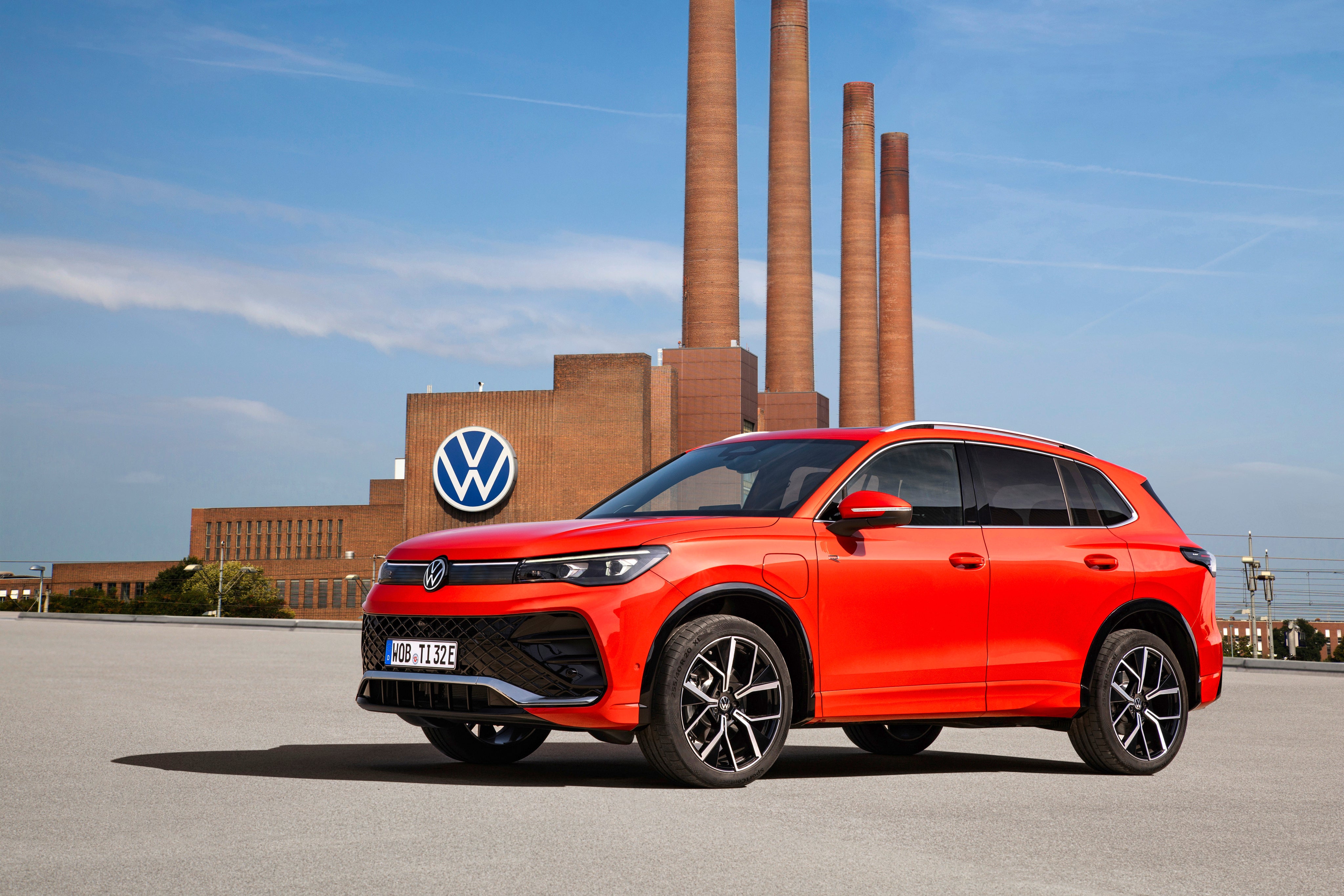(image: www.volkswagen-newsroom.com)
The voyage for Volkswagen (VW) towards electrification appears to be laden with potholes. The recent IT glitch that hit VW's central infrastructure on a Wednesday was not just a passing cloud but perhaps a signal of deeper systemic issues. The malfunction halted production across several plants, leaving the automotive giant in a lurch. While the immediate issue was resolved, the root cause remains shrouded in mystery. The unfortunate event brought to light not just the software hiccups in their vehicles but also revealed the cracks in their manufacturing forte.
These issues are not standalone; they follow a series of unfortunate events for VW. Initially, the hiccup was due to missing parts, then dwindled demand, and now, a gaping hole in their IT infrastructure. Just when it seemed like the storm had passed, the absence of railway wagons in the US to transport vehicles from their Mexican plant added to VW's woes. The vehicles are now piling up, unable to reach the dealers, further denting the already bruised image of the VW group.
Amidst these challenges, VW's trail on the Electric Vehicle (EV) front appears to be losing steam. Their ambitious roadmap to electrification, which was once touted as a strong competition to Tesla, seems to be veering off track. While Tesla has been harnessing Digital Self Management (DSM) to continuously refine operations, cut costs, and significantly reduce debt, VW seems to be caught in a predicament of its own making. Two years ago, the comparison video I made highlighted VW’s staggering quarter of a trillion dollars in debt and the anticipatory edge Tesla held with its production speed. Fast forward to today, Tesla has lived up to the expectations by not just reducing its debt to less than a billion dollars but also becoming the most lucrative car company globally, in terms of automotive Gross margins.

On the flip side, VW's debt snowballed to over 622 billion dollars. Even after accounting for the reported equity of 181 billion euros, the real debt stands at a mind-boggling 428 billion dollars. For contrast only 34 countries in the world has more GDP than VW has debt! Their EV production too hasn't kept pace with the set targets. The once projected production of 1.5 million e-cars per year by 2025 by the VW brand alone, with ID.4 accounting for 500,000 units sold, now seems like a distant dream. In 2021, where Tesla soared by selling 937,000 units, VW lagged, selling only 452,000 Battery Electric Vehicles (BEV), falling short of its annual target of 750,000 units. The narrative of 2021 being the year VW would catch up to Tesla in the EV race has crumbled, leaving VW in a race against time.
The delay in the promising Trinity platform from 2026 to at least 2029, along with the postponement of the new revolutionary factory, has further slackened VW's pace in the EV marathon. The lack of momentum towards achieving their EV production targets and nearly doubled debt over two years depicts a grim picture.

Conversely, Tesla has been on a roll, fulfilling its promise of 50% Compound Annual Growth Rate (CAGR) from 2020, multiplying its unit sales by about 3.5 times since then, and becoming an symbol of profitability with minimal debt. The stark contrast in the trajectory of both automotive giants is a testament to Tesla's strategic foresight and operational efficiency. As VW grapples with its internal and external challenges, the road ahead seems long and winding in its quest to holed its position as a significant player in the EV domain.
Thanks for reading. Lars Strandridder, BestInTESLA



Share:
Tesla's Rivals Struggle for Market Share in US EV Sales
Mercedes Struggles in Electric Trucking While Tesla Thrives
32 comments
Muchas gracias. ?Como puedo iniciar sesion?
Muchas gracias. ?Como puedo iniciar sesion?
Muchas gracias. ?Como puedo iniciar sesion?
Muchas gracias. ?Como puedo iniciar sesion?
Muchas gracias. ?Como puedo iniciar sesion?